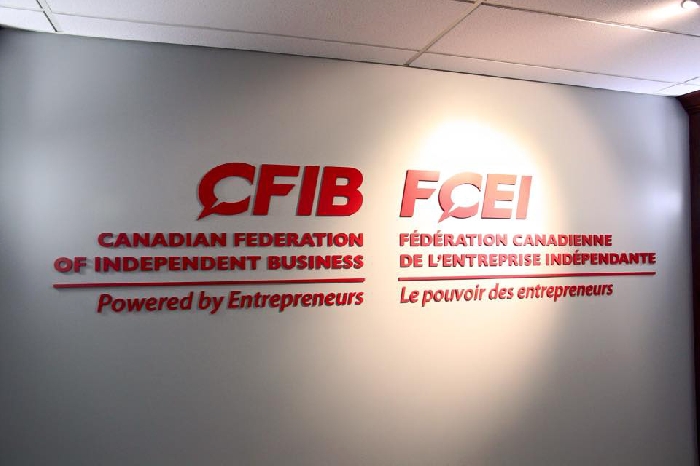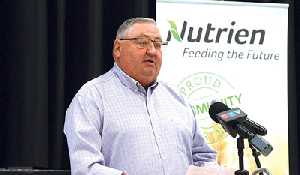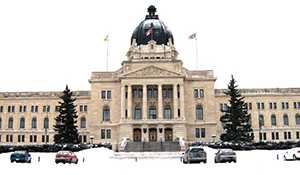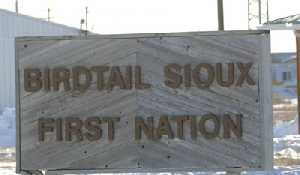44% of shuttered Sask businesses not confident they will ever reopen
CFIB urges the federal government to freeze costly carbon tax & provincial government to provide tax holidays & create temporary protection for commercial tenants
April 1, 2020, 4:29 am


Saskatchewan small businesses remain extremely anxious about the economic impacts of the COVID-19 crisis and 44 per cent of those who have had to close are unsure if they will be able to reopen (32% nationally), shows new survey results released today from the Canadian Federation of Independent Business (CFIB).
While current federal support programs like wage subsidies are viewed positively by business owners, much more is required to address ongoing fixed costs, such as rent, according to the CFIB.
“Putting in place a 75 per cent wage subsidy was terrific news and we are already hearing from business owners who have delayed layoffs as a result. Stress among business owners is very high and it’s critical that the wage subsidy and other measures are accessible to as many businesses as possible to avoid a flood of permanent closures in the weeks and months to come,” said CFIB president Dan Kelly.
The survey found:
• 68 per cent viewed the wage subsidy program as helpful (70% in Saskatchewan) (despite limited details being available)
• 71 per cent said deferring GST/HST payments will be of assistance (68% in Sask)
• 53 per cent rated the new Canada Emergency Business Account positively (52% in Sask)
• 56 per cent said they have no more capacity to take on debt during this emergency (61% in Sask)
• 21 per cent remain fully open (29% in Sask), 31 per cent are fully closed (19% in Sask), 46 per cent are partially shut down (50% in Sask)
• The average cost of COVID-19 on Canadian small businesses so far is $160,000 ($156,000 in Sask)
More measures needed:
Sixty-nine per cent of Saskatchewan small business owners say tax deferrals are not enough and that governments need to shift to tax holidays.
“CFIB is therefore asking the provincial government to offer tax holidays and for direct help with rent and mortgage payments. We are also asking the federal government to delay its planned carbon tax increase,” said Marilyn Braun-Pollon, CFIB vice-president, Western Canada and Agri-business.
“The burden of the federal carbon tax falls heavily on small business,” added Braun-Pollon.
“Now is not the time for a 50 per cent tax hike, particularly as businesses cannot focus on researching the small rebate programs for which they may be eligible. We urge the government to halt tomorrow’s expansion so business owners can catch their breath.”
“We know, from the thousands of calls we’ve answered from small business owners on COVID-19, that they are still very concerned with what’s to come,” concluded Braun-Pollon.
“The measures announced by the federal government last week gave them a glimmer of hope. The additional measures we have recommended would give those businesses that are still holding on a fighting chance.”



































